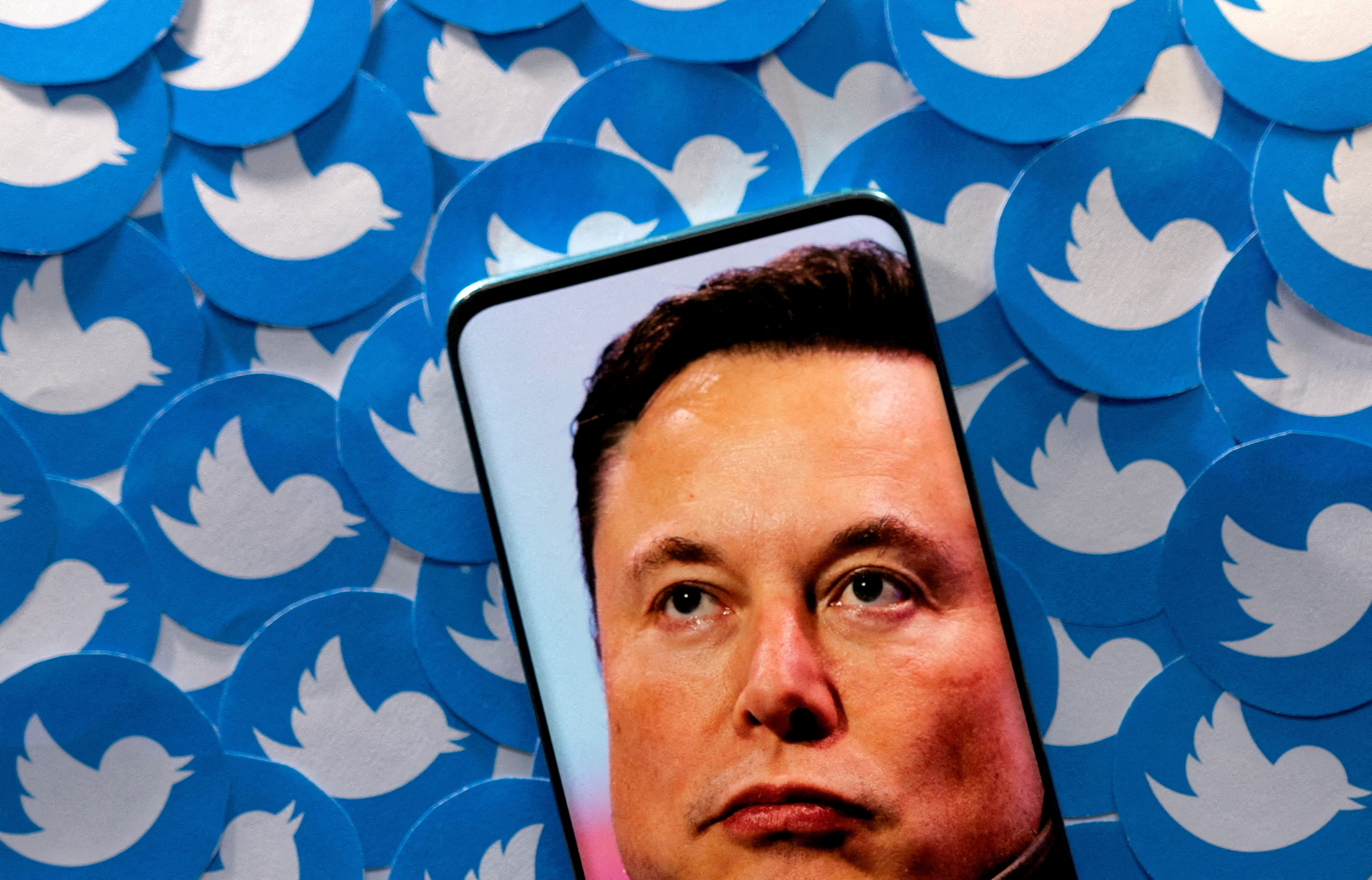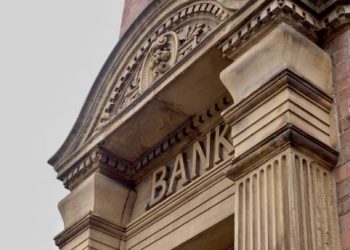Some of the banks that committed to lending Elon Musk $13 billion to buy Twitter are getting ready to book losses on the Twitter loans this quarter, but they are expected to do so in a way that it does not become a big drag on their earnings, according to three sources with first-hand knowledge of the situation.
Banks usually sell such loans to investors at the time of the deal. But Twitter’s lenders, led by Morgan Stanley (MS.N), could suffer billions of dollars in losses if they attempted to do so now, as investors shrink from buying risky debt during a period of economic uncertainty, market participants said.

Moreover, Twitter has seen advertisers pull back amid worries about Musk’s approach to policing tweets, hurting revenues and its ability to pay the interest on the debt.
Banks still have to mark the loan to its market value on their books and earmark funds for losses that are posted in quarterly results. Without a price determined by actual sales of the debt, however, each bank can decide on how much to write down based on its market checks and judgment, according to the three sources who are conversant with the process of determining the value of such loans.
The largest portion of the debt — $10 billion worth of loans secured by Twitter’s assets — might have to be written down by as much as 20 percent, one of the sources said. The hit on the loan, allocated among seven banks, could probably be dealt with by most of the lenders without causing a huge hit to profits, the source added.
Another one of the three sources with first-hand knowledge of the matter concluded that some banks might only take a 5% to 10% writedown on the secured portion of the loan.
The deliberations of how some of these banks are thinking about making up for these losses have not been previously reported. They come as Wall Street banks are preparing for lower fourth-quarter earnings as a result of a slump in investment banking revenue and an increase in loan-loss reserves amid a slowing global economy.
Three banking industry sources said the remaining $3 billion, which is unsecured, could result in heavier losses for the seven Twitter banks. Reuters could not establish how much the banks were hoping to write down the unsecured portion of the debt.
The lenders have thought about replacing the unsecured part of the debt with a loan to Musk backed by his stake in Tesla Inc (TSLA.O), the electric carmaker, one of the sources conversant with the talks said. Musk, however, has said it is best to abstain from such loans in the current macroeconomic environment. Bloomberg previously reported the margin loan possibility.
Besides Morgan Stanley, the bank syndicate includes Bank of America Corp, BNP Paribas SA (BNPP.PA), Barclays Plc, Mitsubishi UFJ Financial Group Inc (8306.T Mizuho Financial Group Inc (8411.T), and Societe Generale SA (SOGN.PA).
Musk, SocGen, and representatives for Twitter did not reply to emailed requests for comment. Representatives from the other banks would not comment.
Accounting Flexibility On The Twitter Loan
Under accounting standards, the banks must mark the Twitter loan to its market value when some of them post earnings for the current quarter in January, several accountants and bankers said.
But with market activity ending, the banks have a decent amount of flexibility on how to value them, which means each one could value them differently. They also have leeway on how to disclose any write-downs and the time it took them to sell the debt. Leveraged loan deals after the 2008 financial crisis took years to pay off.
Each bank would make market checks with two or three prospective buyers to settle on a value of the loans, which an auditor would have to approve, one of the three sources said.

The person, who is conversant with the thinking of one of the banks in the lending syndicate, added that some lenders are expected to suffer a smaller hit initially and write it down over time if valuations keep depreciating.
Buy Crypto NowProjected losses could also be split between investment banking and trading divisions, making it small enough that it doesn’t have to be reported separately, one of the sources said. Any write-downs would potentially be broken into portions and spread over several months, shrinking the hit to earnings in any one quarter, two of the sources with first-hand knowledge of the matter said.
Several market participants expect the losses from the debt to be huge unless market conditions pick up. Two of the banking industry sources said if the banks attempted to sell the loans now, they would not make more than 60 cents to the dollar on the secured bond and an even cheaper price on the unsecured portion. That would amount to billions of dollars in losses for the syndicate as a whole.
In September, Wall Street lenders led by Bank of America incurred a $700 million loss on the sale of about $4.55 billion in debt financing the leveraged acquisition of business software company Citrix Systems Inc.
Some $35 billion to $40 billion of such loans remain on banks’ books, according to two fixed-income bankers.
Twitter’s bankers, however, are more optimistic. “I wouldn’t bet against Elon Musk,” Morgan Stanley Chief Executive James Gorman said in an interview at Reuters NEXT earlier in December.
“We don’t get behind that kind of business and that kind of opportunity unless we believe it is real.”








